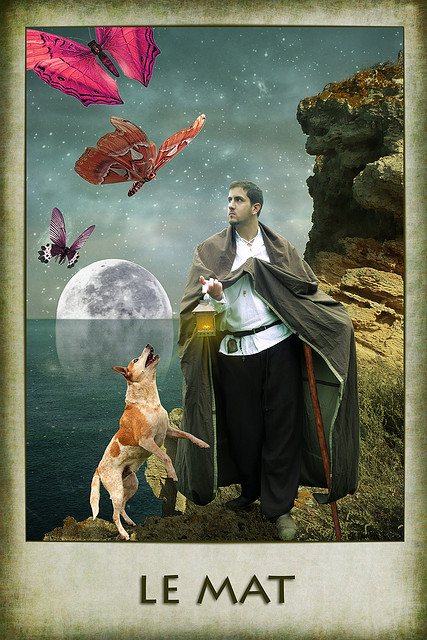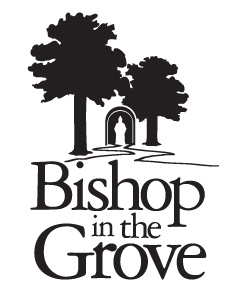Tag: T Thorn Coyle
-

A Reaction to Living
I am on the cusp of a new beginning. New beginnings are terrifying. And liberating. And challenging. And not without a degree of nostalgia and loss. Things have to end in order for other things to begin. Circle of life, and all that stuff. My house is almost completely packed up. Our bed is on […]
-

The Intersection of the Myth and the Meaning
To those participating in the Bishop In The Grove’s Bookclub reading of T. Thorn Coyle’s Make Magic of Your Life, join me on Twitter throughout the month of April and engage in a Twitter dialogue about the questions raised in this book. Be sure to @reply with the hashtag, #MakeMagic and Thorn’s handle, @ThornCoyle. Now, […]
-

The Heart Is The Only Nation
I have met the Morrígan. I have stood in a circle, a shape unlike any circle I’ve stood in before, and beside my human kin, a spiritual kin sharing breath and space and smell and touch, I made contact with the Warrior inside myself. At this moment it feels as though I have never been […]
-

Two Pagans, an ex-Druid, and a Pastor Walk Into a Bar
I wrote a post on Storify, a website which helps its users tell stories by curating social media. Not only can you read and embed (usually) Storify posts, but you can Like, Comment, or Share any of the individual messages inside a Storify post. High-tech, no? It takes dialogue to a micro-level. Give the post […]
-

The Spiritual, the Mundane, and the Cash Money
Some days, it’s all we can do not to break. Yesterday felt like one of those days. I’ve done well to keep my focus on matters of spiritual growth since returning from my Pagan pilgrimage. I’ve kept my daily practice, and I’ve delighted in the conversations we’ve had here on the blog about leadership, purpose […]
-

Witness to the Protest at Pantheacon 2012
This is my witness of the silent meditation led by T. Thorn Coyle to protest the Z Budapest ritual at Pantheacon 2012. [Note: I use the term “cisgender women” or “cis woman” to distinguish from “transgender women” or “trans woman.” Both groups may identity with the word “woman.”] 8:33pm I arrive in the City Foyer, a […]
-

Oh my Gods, I’m at #Pantheacon.
I’m buzzing. Vibrating. I know that sounds New Age-y, but that’s really what it feels like to be in my body at this moment. I’m sitting in the lobby of the San Jose DoubleTree Hotel, and Pantheacon is exploding all around me. There are men in skirts, women in top hats, people whose gender is a […]
-
Pagan Is The New Gay
Admittedly, I’m a newbie in the Pagan community. But, I’m no newbie Gay. I feel there’s a valuable parallel between our struggles that no one is picking up on.




